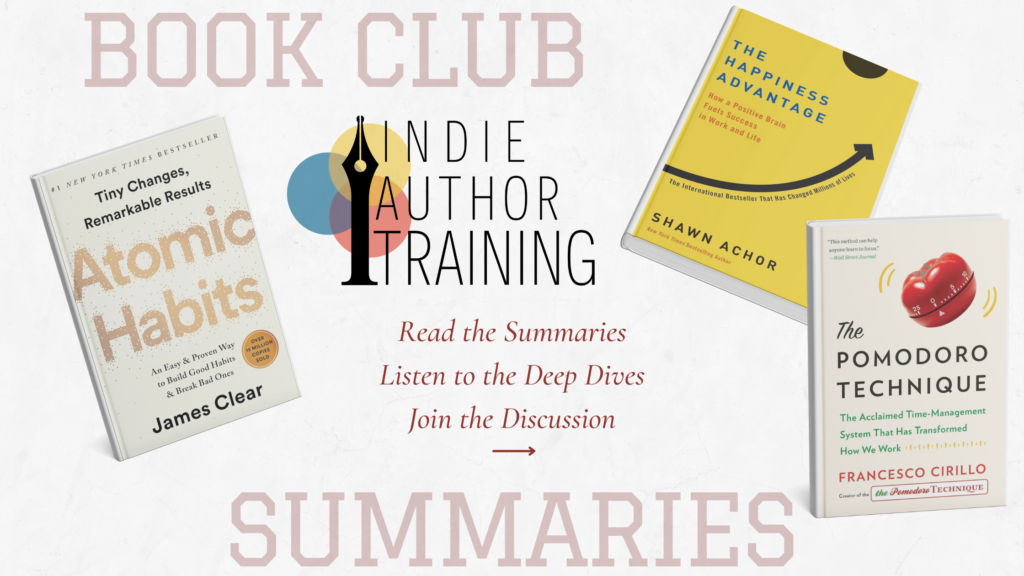Considerations for the Translation Question
As indie authors expand their businesses, they are pushing the boundaries into new languages. While this is a great path forward, full of exciting possibilities, some issues arise when you don’t speak the language you want your books to be published in. We’re covering finding your translation team and marketing in other articles this month, so in this article, we’ll cover some issues you might want to be aware of as you consider if translation is the right fit for you right now.
Especially in the realm of translation, you must trust the people you’re working with. Do your due diligence, and understand that in the best-case scenario, the relationship you develop with your translation team or company is cooperative, not adversarial. This should be a win-win-win for all involved and hopefully lead to a lengthening of the term because the partnership has been so successful.
I’m not a lawyer, and I don’t even play one on TV, so this is not legal advice. But this article will just raise some questions for you to investigate further on your own as well as give you some solid resources to help you on your journey toward ticking the multilingual box on your author bucket list.
Intellectual Property Rights
In most countries, you own the rights to your work when you create it. When you hire a translator, however, different countries have different laws regarding the rights of the translation. The original words are yours, but the translation may be the property of the translator.
The Search
Where do you find translators or foreign rights buyers? Frankfurt and London Book Fairs are great places to talk to agents, foreign rights buyers, and other team members on this journey. If you can’t attend in person, both fairs have information about their vendors, so you can virtually shop and investigate potential partners no matter where you are.
Do your due diligence to make sure that the buyer is who they say that they are. Visit their website and Google translate it and see if they are proficient in what they are offering to do for you. If their website has nothing to do with the type of work you want, proceed with caution.
The Buyers
Foreign rights buyers are more likely to be interested in your book(s) if you can show marketability in your current market. A strong sales record will give you greater bargaining power, as a successful book in one locale is more likely to be a successful book in other locales. In contrast, if your book is not successful anywhere, you will not have a strong bargaining position.
The Negotiation
Everything in a contract is negotiable. If you’re not comfortable with something, then propose an alternate solution. Again, this should be a win-win situation and should not totally favor either party. If the contract is all in your favor, you may be dealing with an inexperienced vendor, which could be a waste of your time. If the contract is completely in their favor, well, why would you sign it? You are negotiating toward a mutually beneficial end.
The Term
You’ll want to specify the length of time you are agreeing to sell your rights to the translation. Judith Anderle stated in her 20Books presentation that she’s found that translation terms are typically shorter than other types of rights contracts. A shorter term may allow you to switch to another company if you feel the current company is not the right fit for your books.
The Territory
This will describe where the translation will be sold. Are you allowing for all German-speaking areas or just Germany? Will your Spanish translation be available in Mexico? South and Central America? Spain? Ask the company you’re working with where sales have been successful for your genre in this language.
The Formats
Discuss what formats the translation will publish in. Or if you are simply hiring a translator and doing the rest yourself, consider what formats are the most successful in that language and the territories where you want to publish. This may differ from the formats that are popular in your native language.
The Style
The words or characters of a language are not the only differences. The style of your book or the way you use humor or describe people and other matters may not directly translate word for word. Do you want a word-for-word translation, or do you want the general flow and feel of the book to be mirrored in this new work? Consider and discuss this with your translator. You may want or need to work closely with the translation team to ensure that the translation has the desired result.
The Timeline
How long will the translation process take, and will the final product be available for purchase in that market? That will vary considerably, so discuss this with your team or the company who is considering purchasing the foreign rights to your book.
It’s a Done Deal!
Your behavior after the contract is signed is important, according to Anderle. Let’s say you are supposed to be paid in thirty days, but you don’t receive your payment and don’t follow up with them to ask where it is on day thirty-one, or you wait a long time to check with them. This weakens your legal position regarding defending the rights you delineated in the contract. Keep detailed records and pay attention to the agreed-upon delivery dates and times.
Make sure that your contract is clear and covers all the issues applicable to your project we’ve discussed above and any others that arise in the months and years to come. Lawyers can be expensive, but especially in the realm of translations, ignorance or a lack of clarity may be more costly still.
As you consider and move toward what works best for you when it comes to multilingual publishing, we wish you well and would love to hear what’s working for you.
For further information, check out How Authors Sell Publishing Rights: Sell Your Book to Film, TV, Translation, and Other Rights Buyers by Orna Ross and Helen Sedwick. At the time of writing, they are updating the book for more current information and will have it ready before the London Book Fair the first part of April, if not sooner. Be sure and browse their other guides as well—they are all excellent resources.
Judith Anderle’s presentations at the 20Booksto50K® conference in Vegas November 2021 are also packed with great advice as she leads the team at LMBPN in selling their rights worldwide.
Joanna Penn at https://TheCreativePenn.com is very open about her experiences with translating her books into German as well as how she deals with the marketing question when she doesn’t speak German.
The Self Publishing Show has covered translations on several of their podcasts. See https://selfpublishingformula.com/?s=translation.






